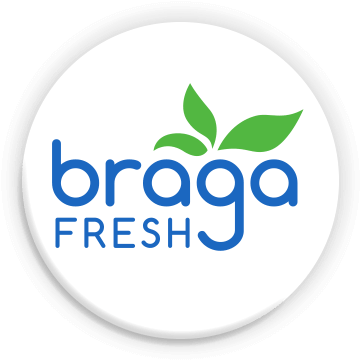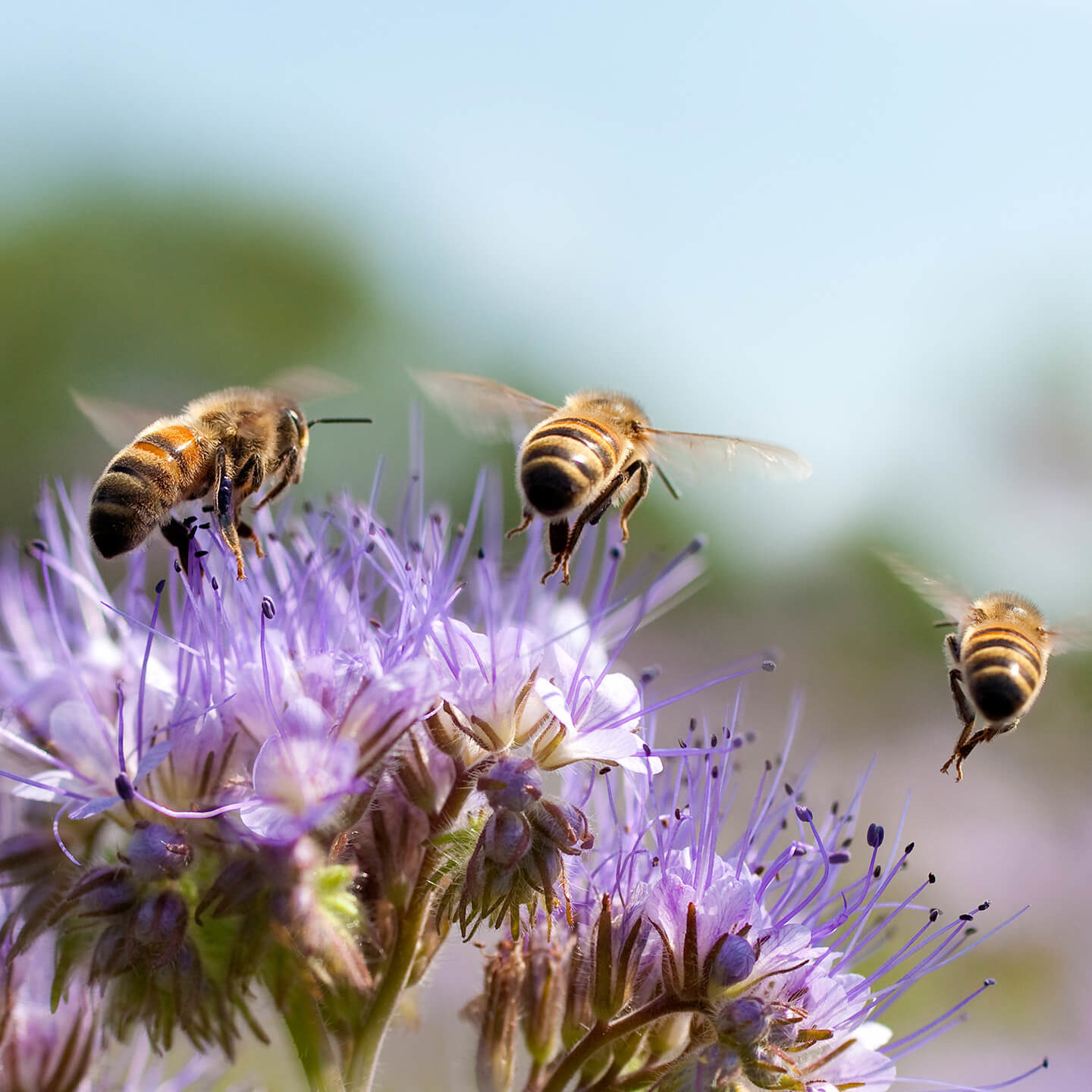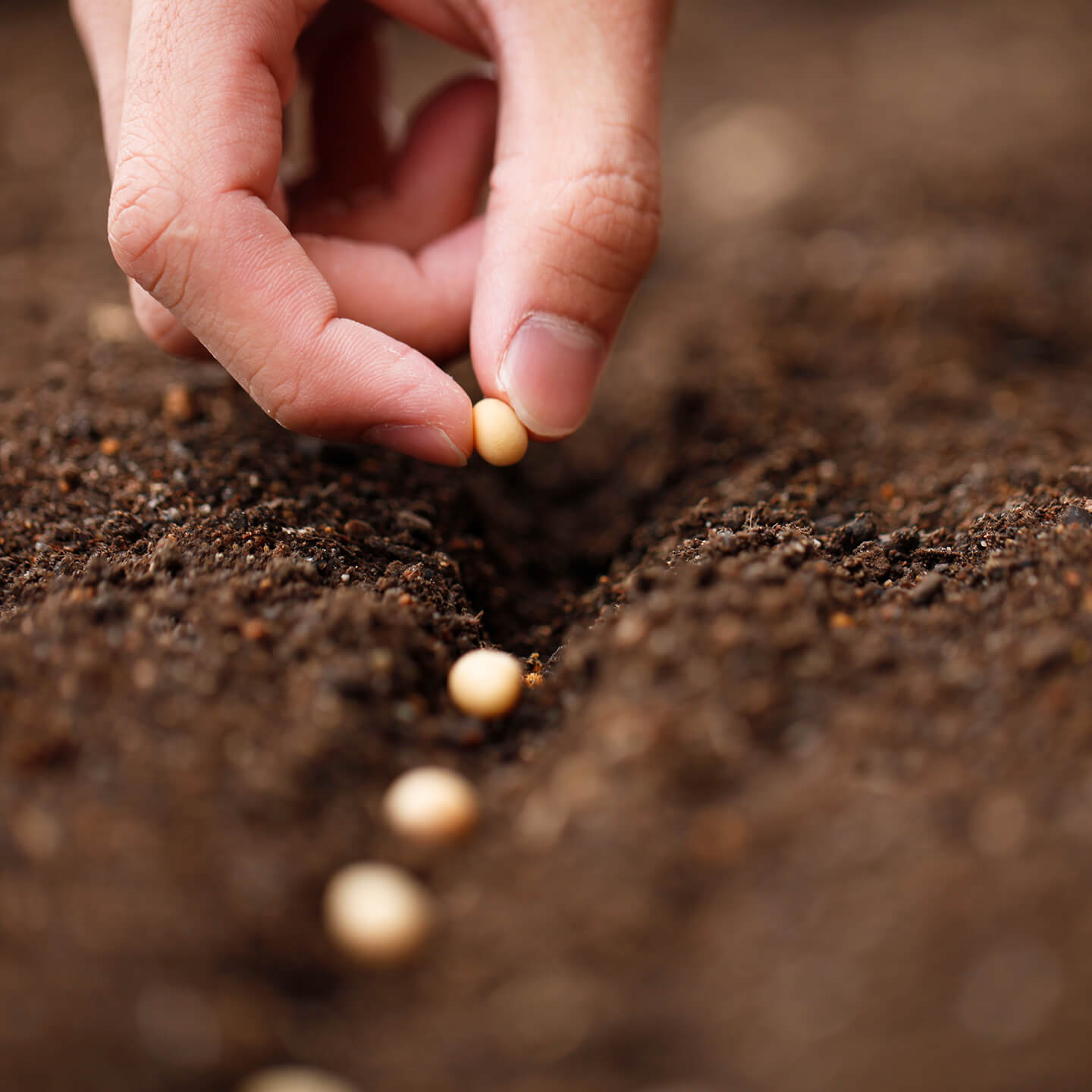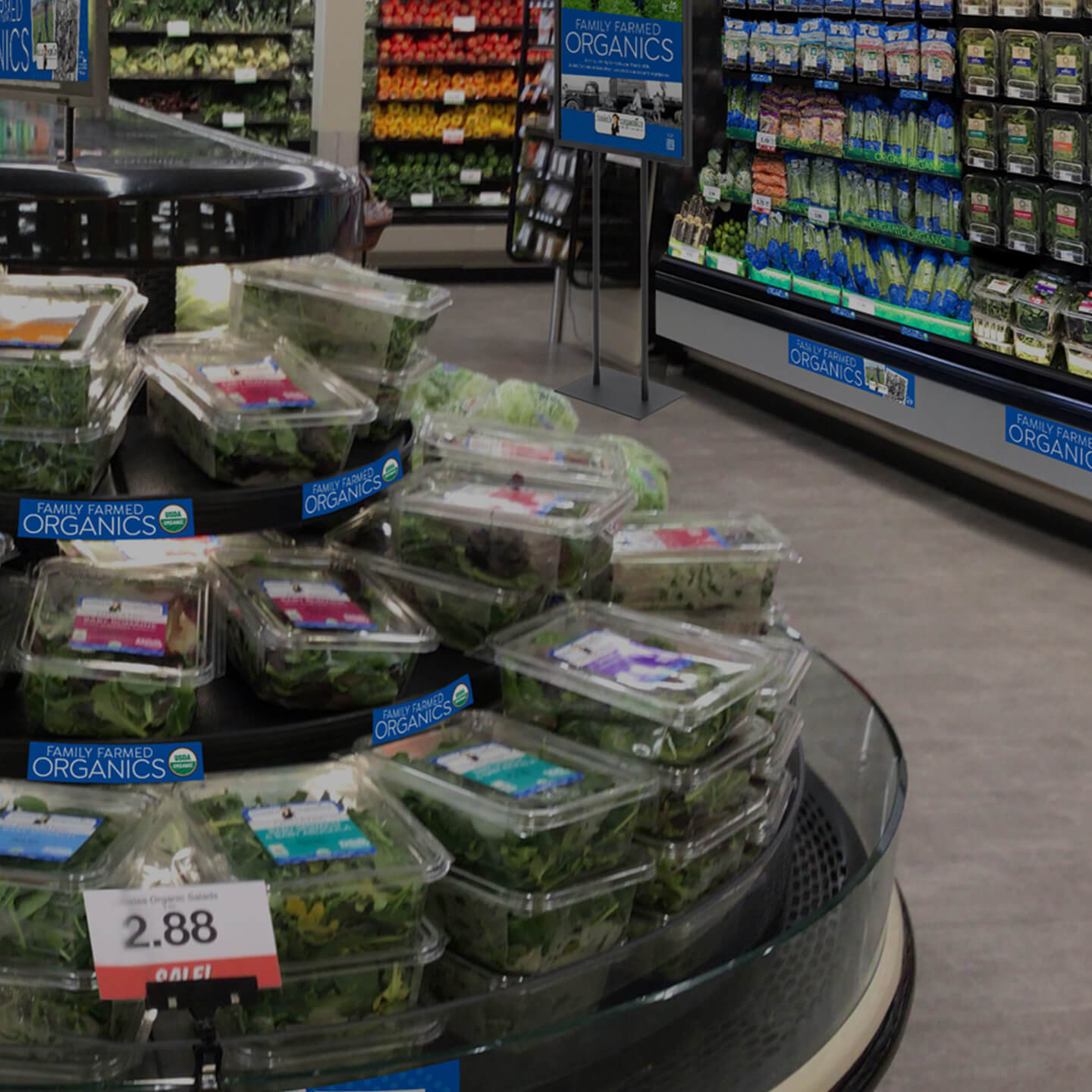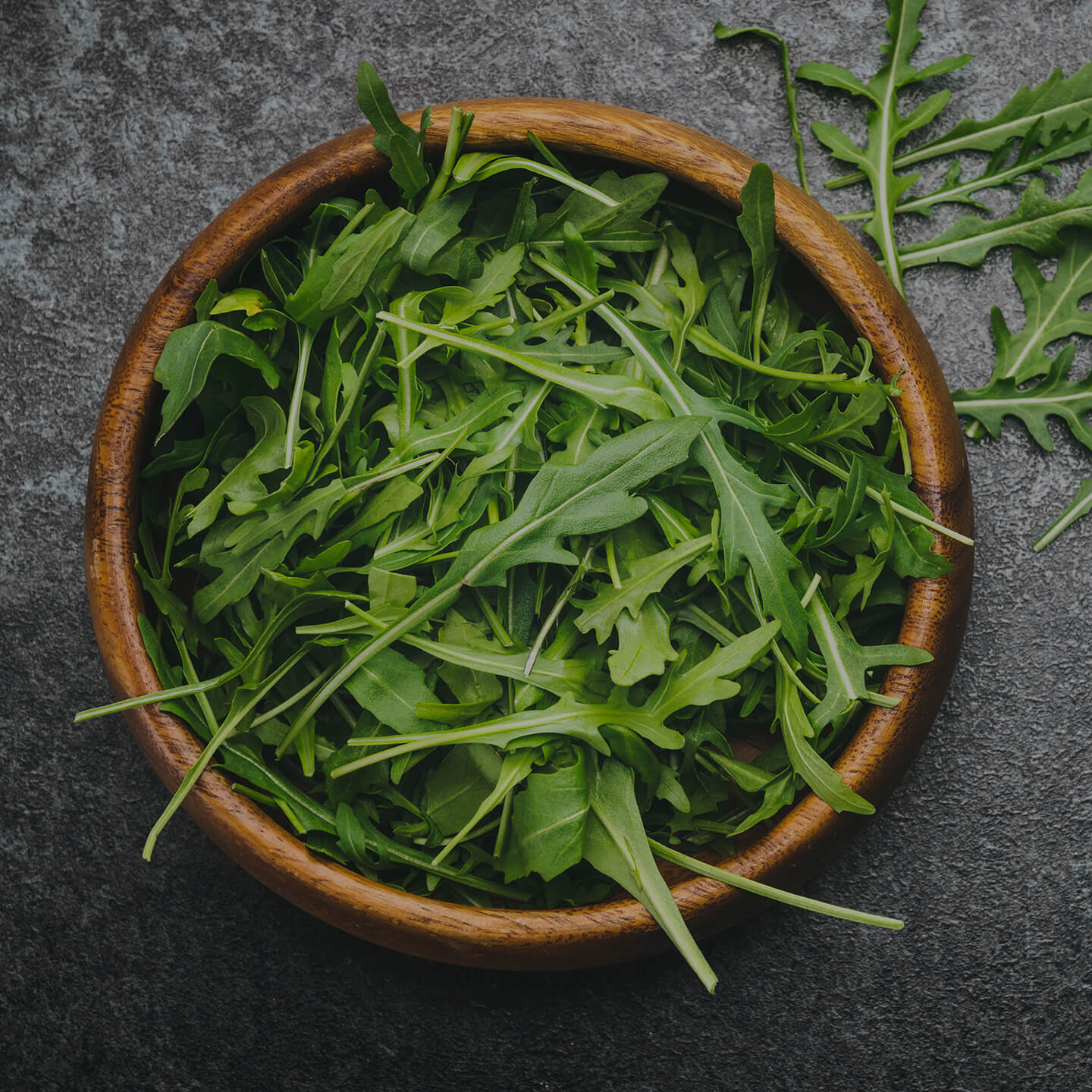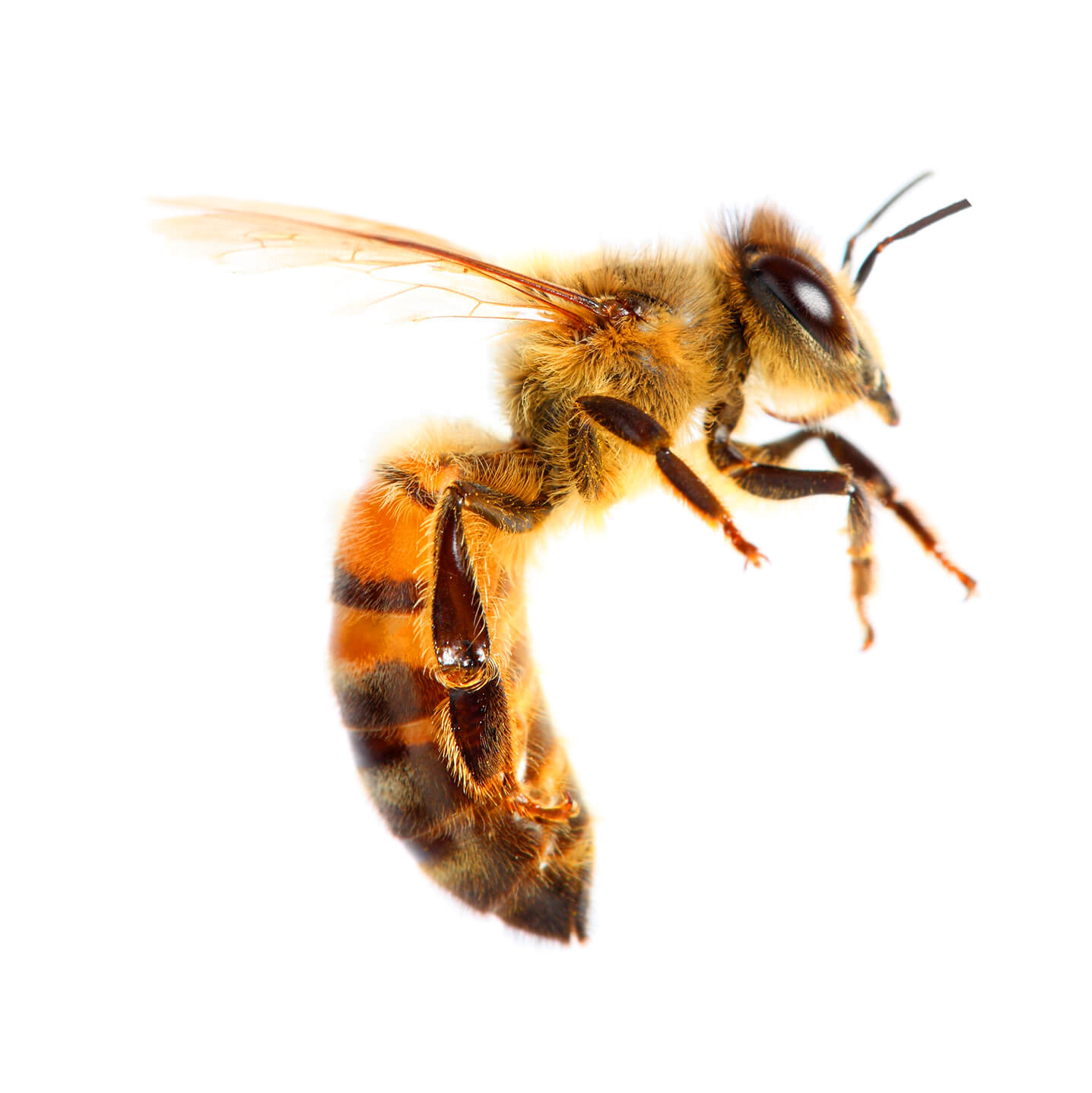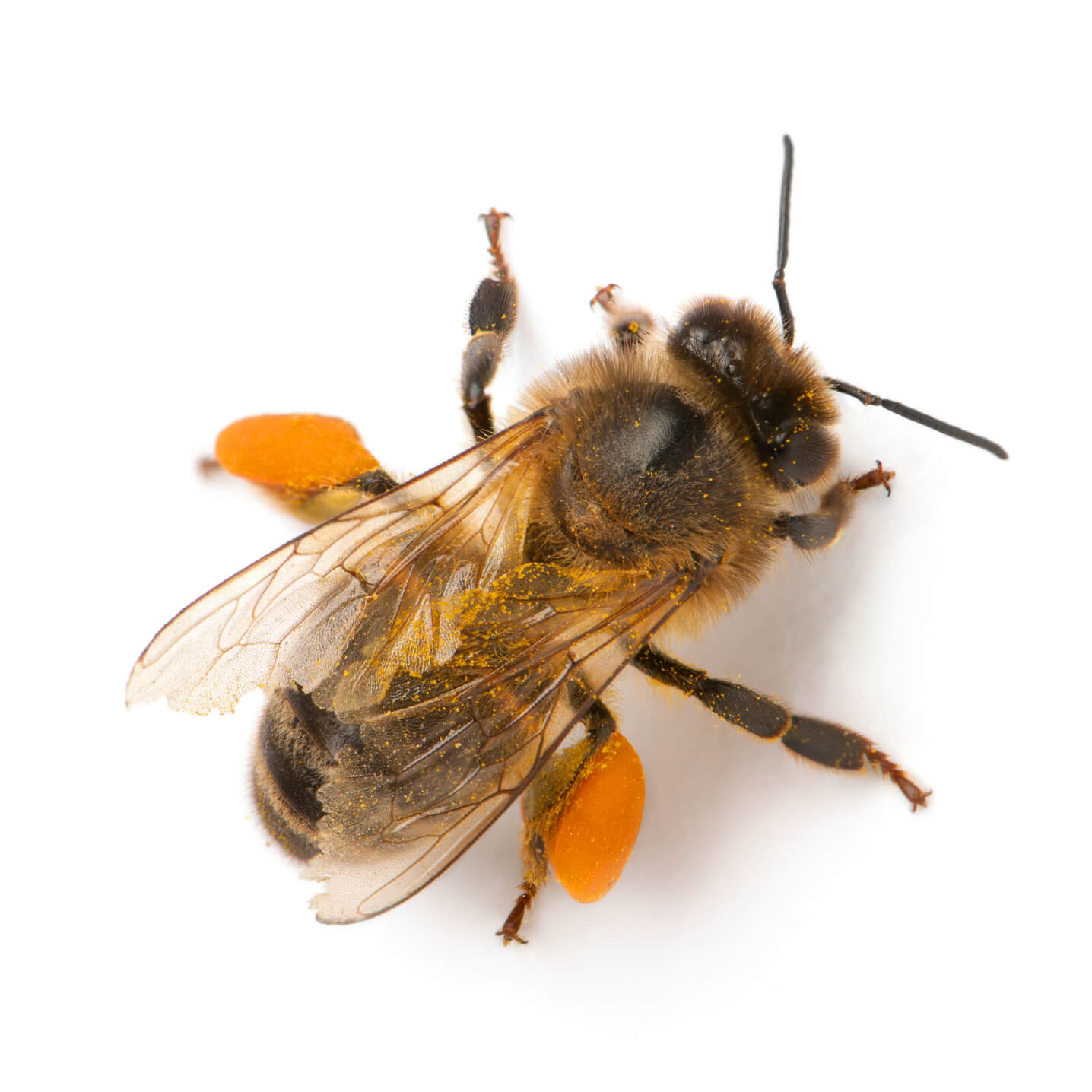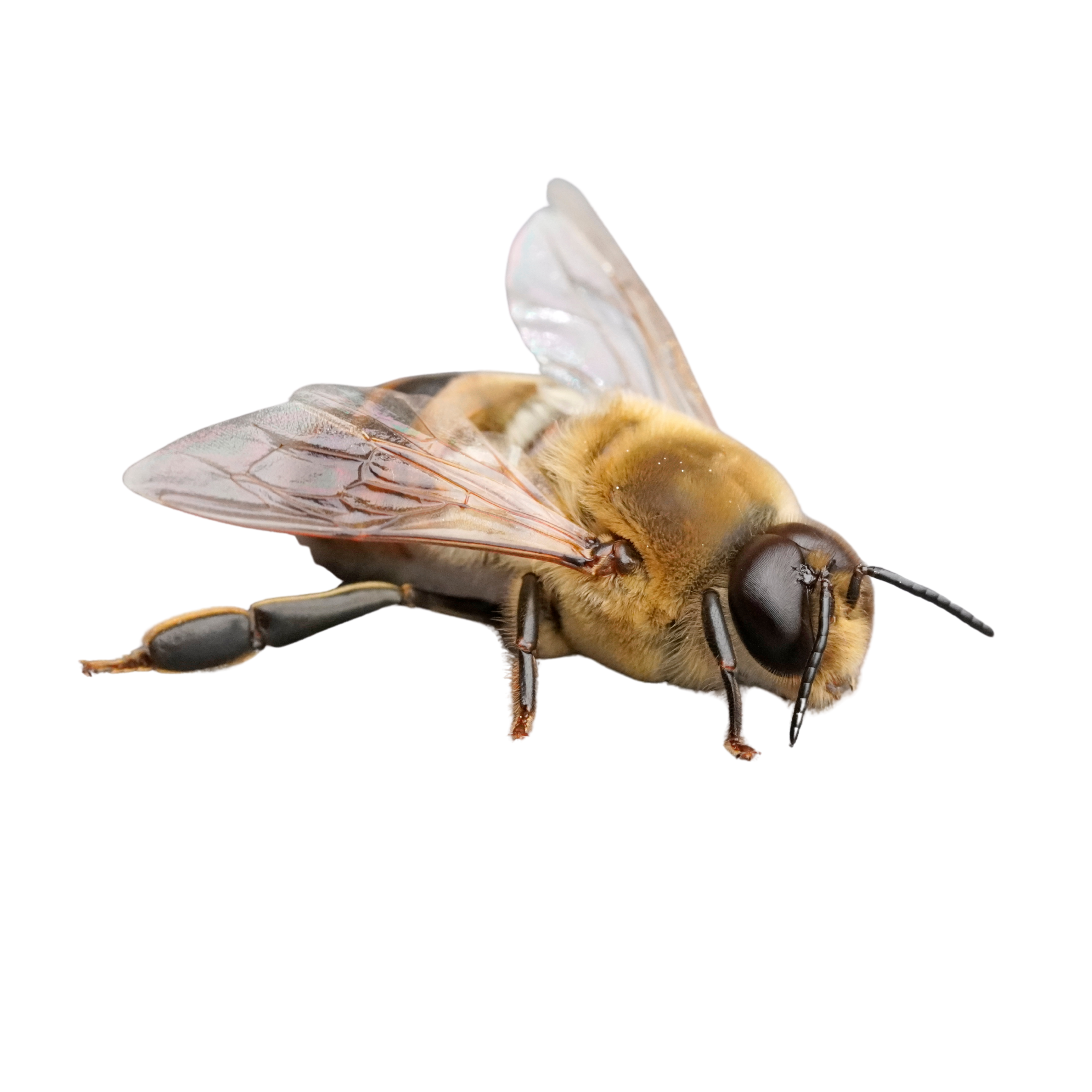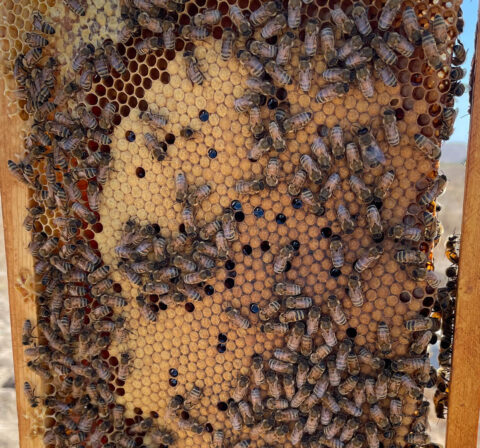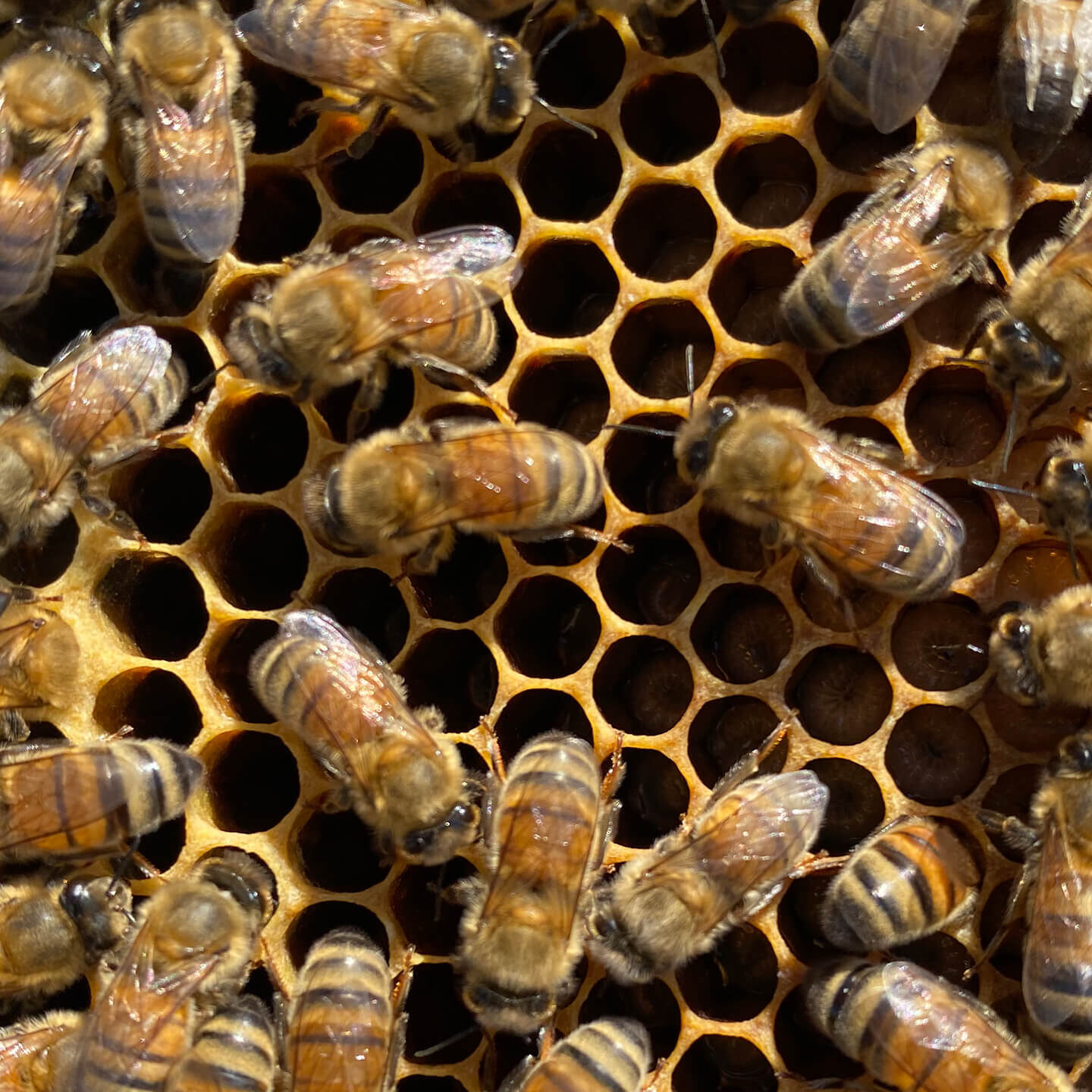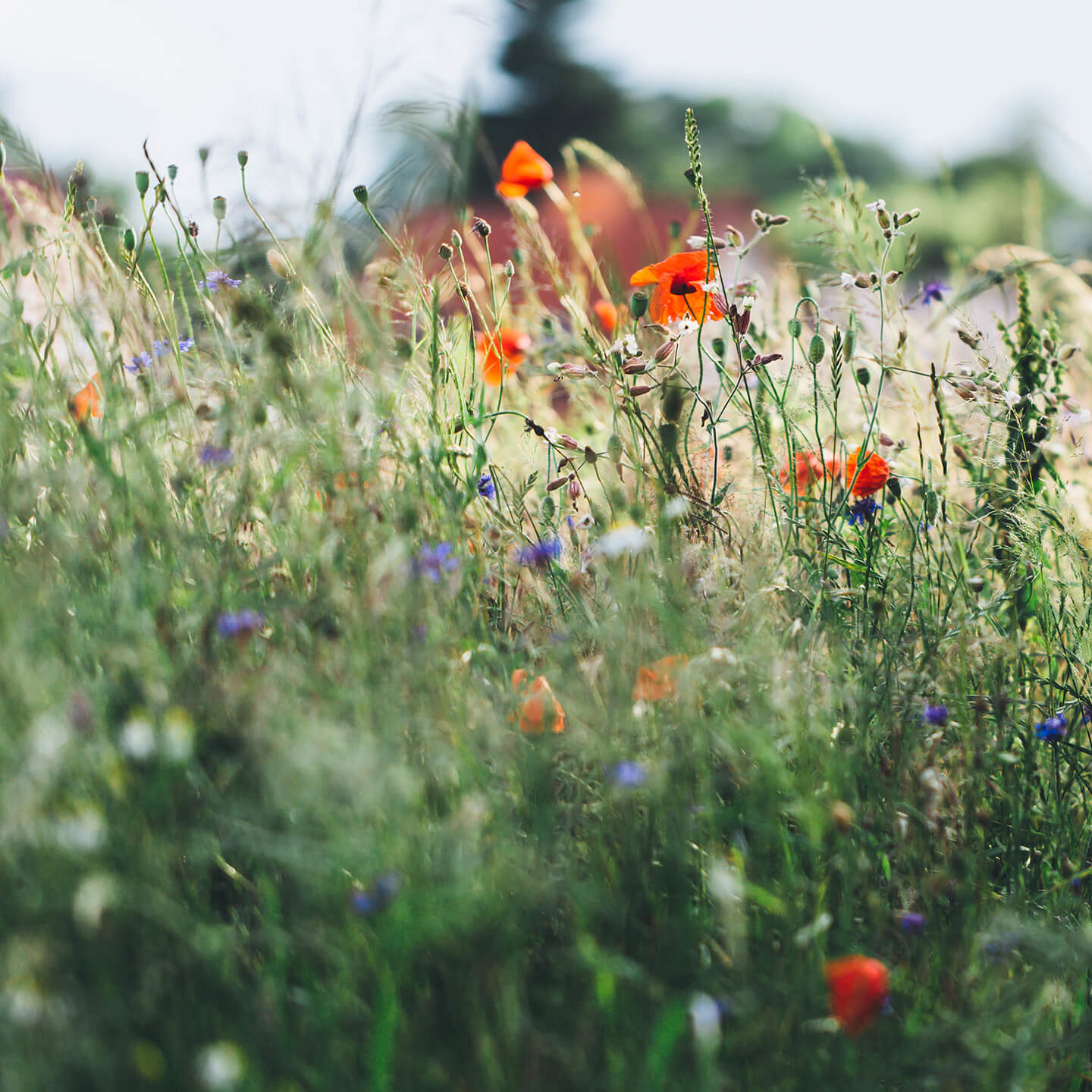honey production
- Extremely labor intensive and time-consuming process for bees
- 1 worker bee makes only 1/12 of a teaspoon of honey in her lifetime.
- It is important to take honey from managed hives to keep the hive from leaving, due to lack of space for brood (baby bees) and other resources.
- Honey is created from worker bees foraging nectar. Worker bees bring nectar back for another worker to distribute in the comb inside of the hive. Enzymes are added to create a reaction. Worker bees fan their wings over nectar until it dries to a 17% moisture content and is capped with wax when the process is complete.
